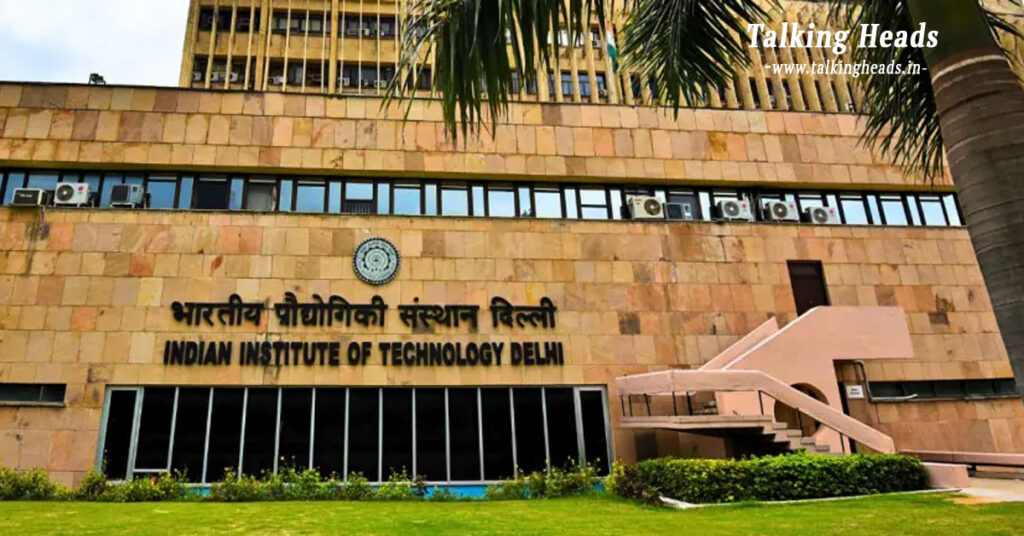QS World Rankings : The QS World University Rankings 2025 have been released, showcasing the top 50 universities globally along with their respective subject rankings. This year, India’s educational institutions, including various IITs, IIMs, and JNU, feature in the rankings, although some have seen a decline in their positions. Interestingly, the Indian School of Mines (ISM) Dhanbad has emerged as a surprising leader in India’s subject-specific rankings, surpassing IIT Delhi and IIT Bombay in several categories.
Table of Contents
Key Highlights of QS World University Rankings 2025
- ISM Dhanbad achieves India’s best rank at 20th position.
- Several top IITs and IIMs have secured spots in the Top 50 Global Rankings.
- IIT Delhi has made it to the top 50
QS World Rankings : ISM Dhanbad Leads India’s Rankings
For the first time, Indian School of Mines (ISM) Dhanbad has claimed the highest rank among Indian institutions, securing the 20th position globally. This marks a significant milestone for ISM, particularly in the Mineral and Mining Engineering category, where ISM Dhanbad, along with IIT Kharagpur and IIT Bombay, has entered the global top 50.
In the Development Studies category, Jawaharlal Nehru University (JNU) continues to shine, securing a place in the top 50 globally. However, JNU’s ranking has dropped from the 20th spot last year to 29th this year, reflecting a trend seen across multiple Indian institutions.
Performance of IITs and IIMs

The rankings reveal some shifts among India’s prestigious IITs and IIMs. IIT Bombay, which had three subjects in the top 50, maintains a strong presence in several fields. Notably, IIT Delhi has made it to the top 50 in two subjects, but like other institutions, it has seen a slight decline in rankings.
- IIT Bombay ranks 28th in Engineering & Technology and has shown improvement in Electrical and Electronics Engineering, climbing to 50th place. However, the institution’s ranking in Mineral and Mining Engineering dropped significantly from 25th to 40th position.
- IIT Delhi ranked 26th in Engineering & Technology, but saw a decline in some subjects.
- IIM Ahmedabad dropped from 22nd to 27th, and IIM Bangalore fell from 32nd to 40th position, indicating a tough competitive landscape for these management institutes.
IIT Madras Continues to Dominate Nationally

Despite some challenges in specific subject rankings, IIT Madras remains India’s top institution in the national rankings and continues to feature in the QS top 50 globally. However, IIT Madras faced a significant setback in Petroleum Engineering, dropping from 16th to 31st globally.
India’s QS World Ranking Participation and Trends

India saw 533 entries in the QS World Rankings 2025, with institutions submitting entries in multiple subjects. Among these, IIT Bombay submitted entries for 29 subjects, securing its best rank of 28th in global subject rankings. Of these 29 subjects, 12 saw an improvement, while 12 experienced a drop in their rankings.
In comparison, the United States led with the most entries, submitting 3,686 entries, followed by the United Kingdom (1,883) and China (1,389). These trends underscore India’s growing presence in the global education landscape, with an increasing emphasis on advanced research and digital skills.
Delhi University Falls Out of the Top 50
In a disappointing outcome for Delhi University (DU), the institution, which had previously been part of the QS Top 50, now ranks 51st. DU submitted rankings for 29 subjects, with improvements in 9 subjects and a decline in 2 subjects. Notably, JNU also showed a drop in its overall ranking but managed to secure a place in the top 50 in one subject.
Conclusion: India’s Competitive Edge in Global Education
While there have been some setbacks for several Indian institutions in the QS World Rankings 2025, the continued presence of multiple IITs, IIMs, and JNU in the top global rankings demonstrates India’s growing influence in global education. The rise of ISM Dhanbad, particularly in mining engineering, signals the diversification and specialization of Indian universities, reflecting the country’s expanding educational and research capabilities.
As India continues to strengthen its academic infrastructure and research output, it is expected to see further improvements in future rankings, particularly in fields like artificial intelligence, green technologies, and digital skills. Indian institutions must keep innovating and adapting to global educational standards to maintain and improve their positions on the world stage.
The QS World University Rankings remain an essential tool for students and academics globally when choosing institutions for higher education, influencing decisions and fostering international competition among universities worldwide.










